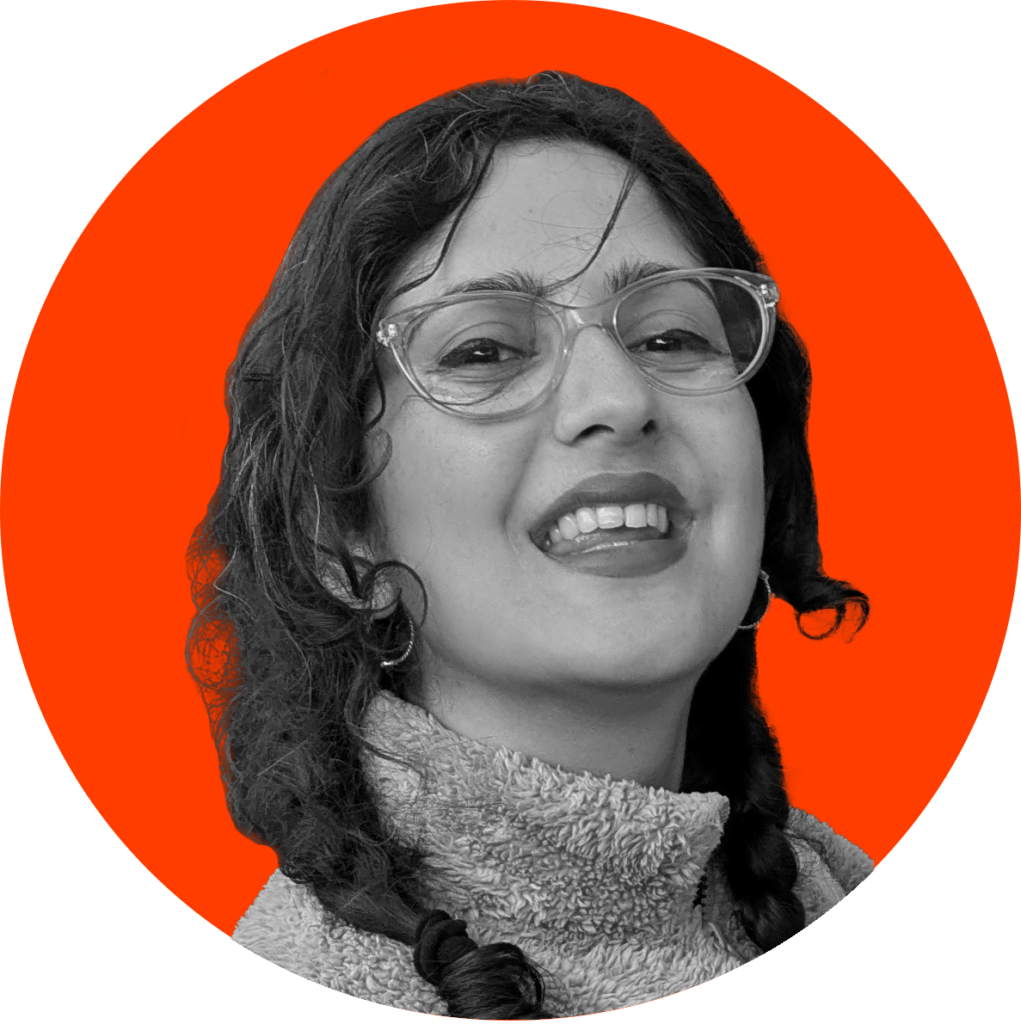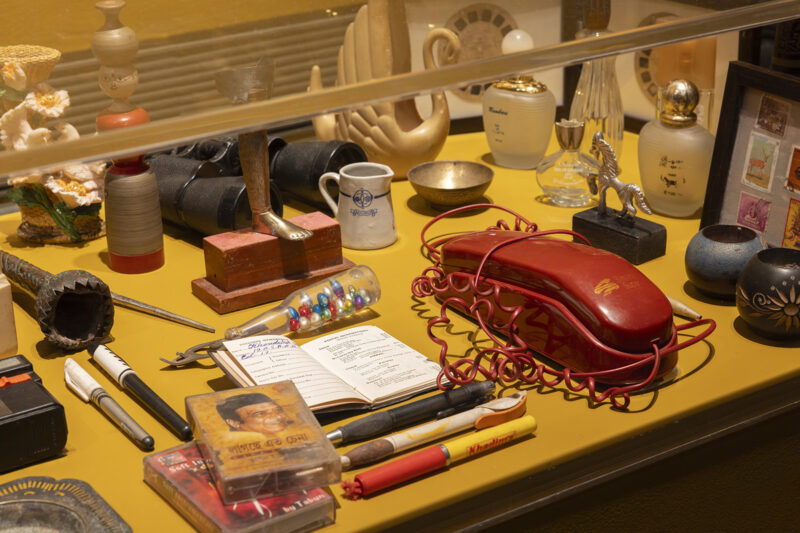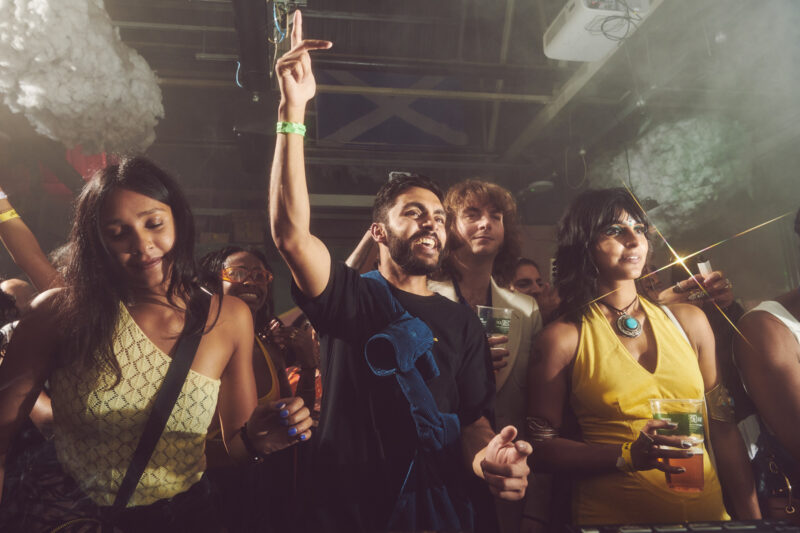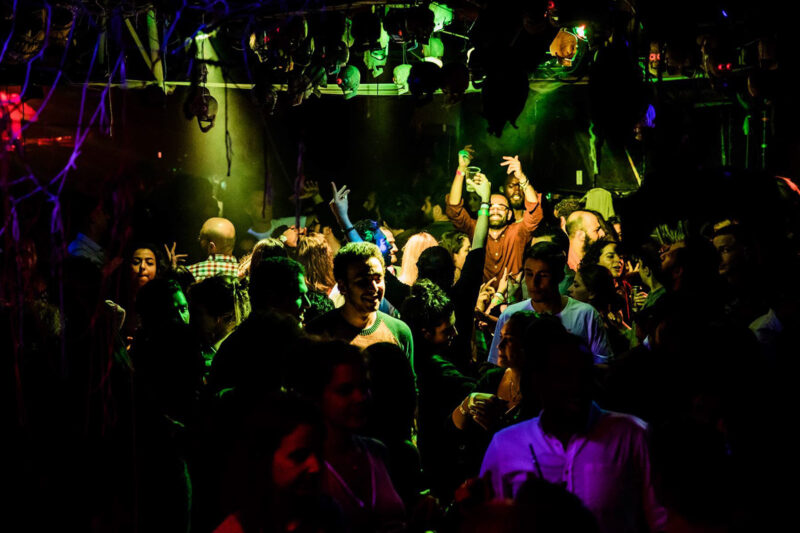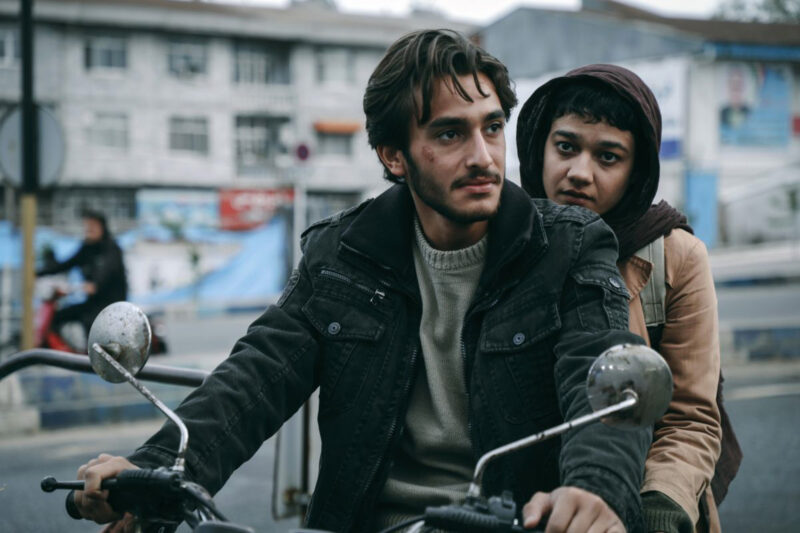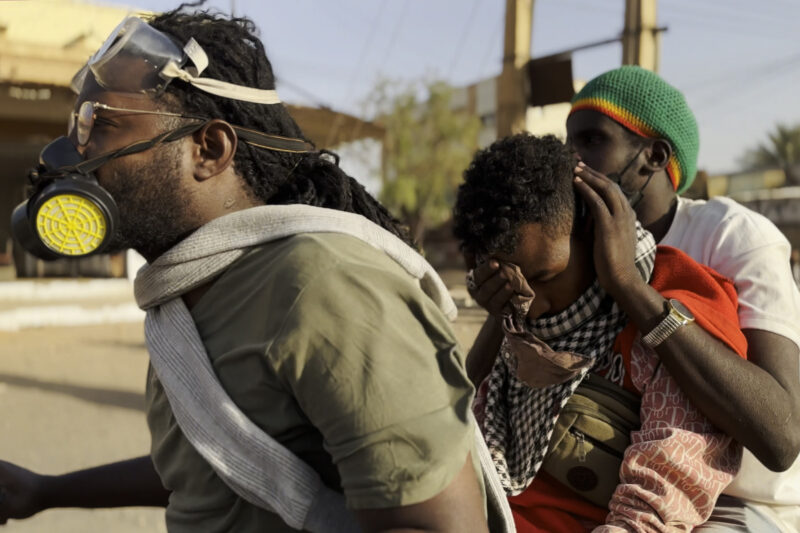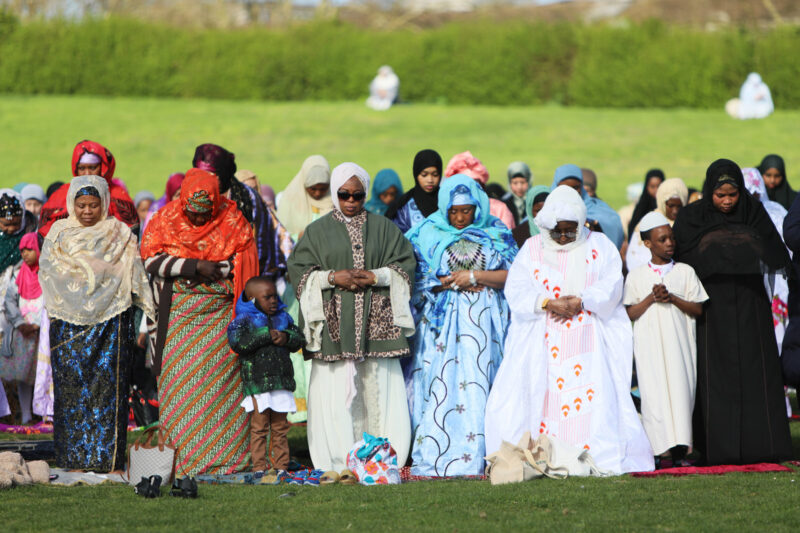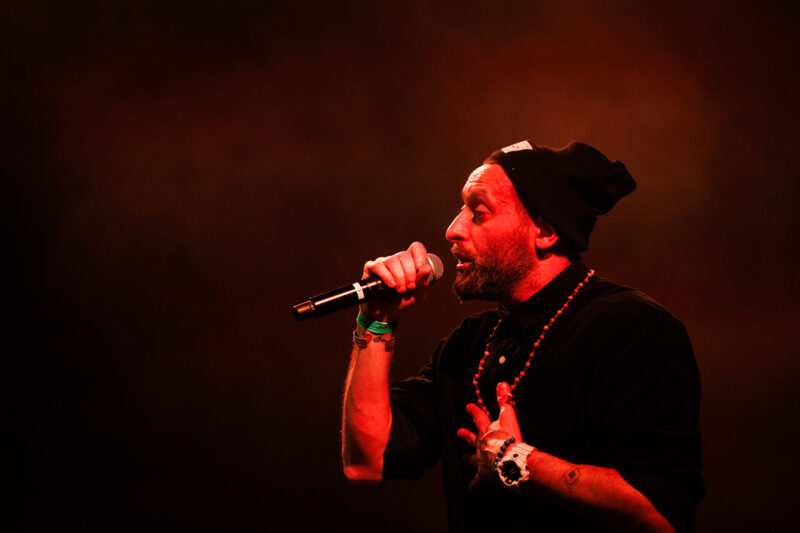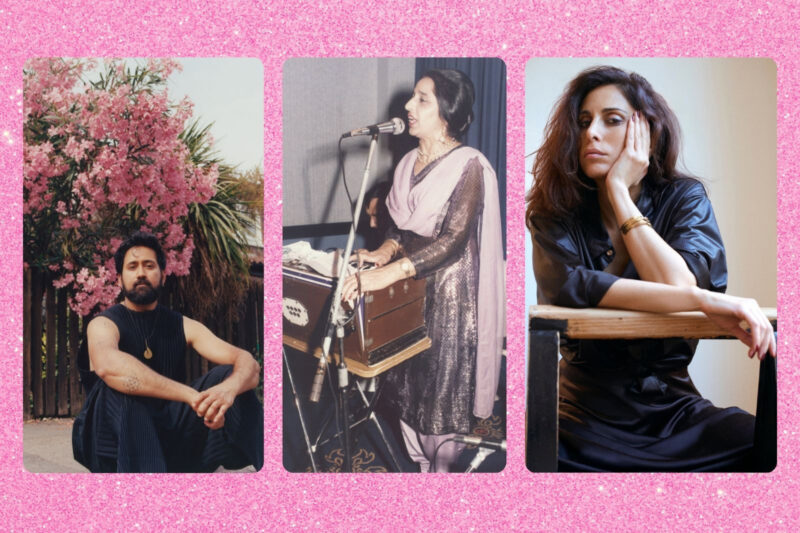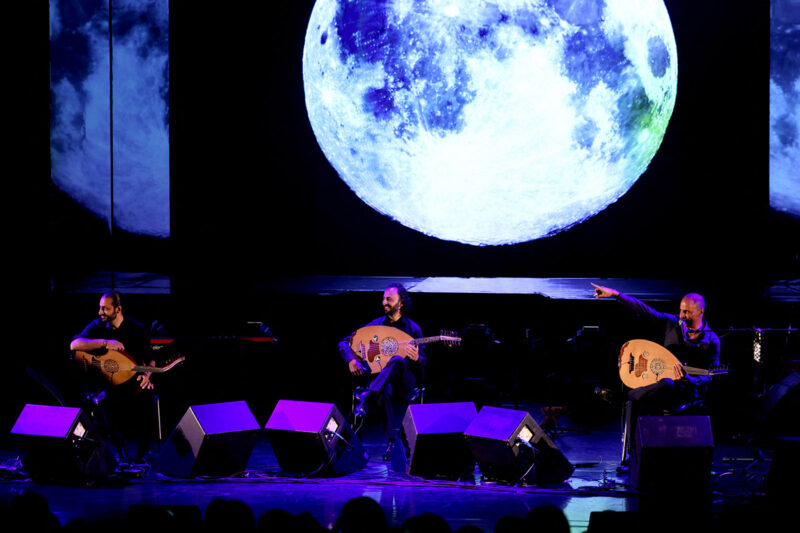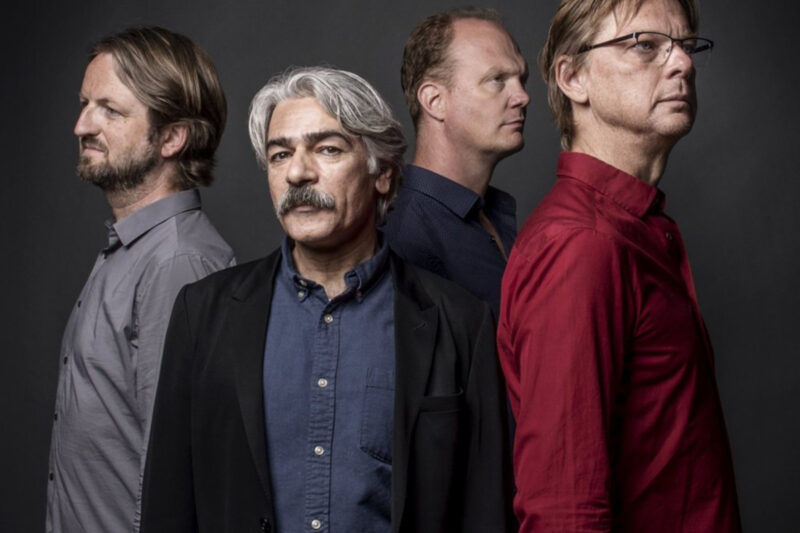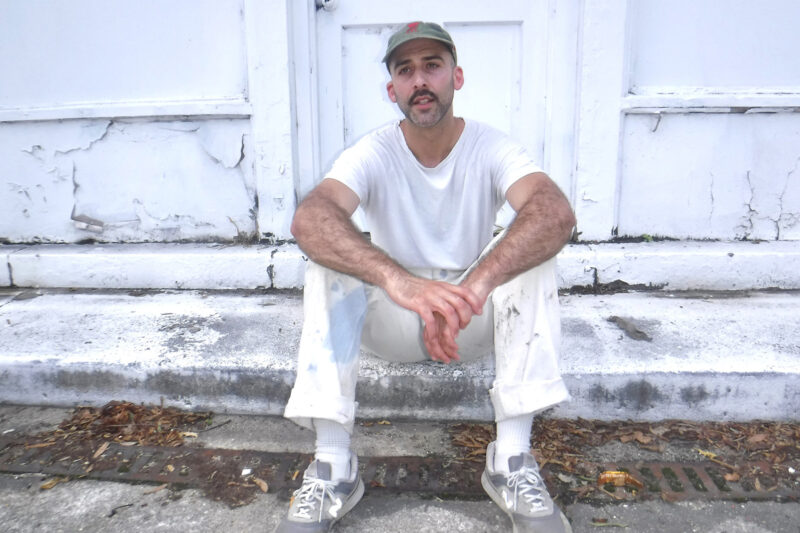Another Sky: the festival exploring experimental music from the Swana region
The London event brings together artists from south-west Asia and north Africa and the diaspora, pushing the boundaries of sounds and composition
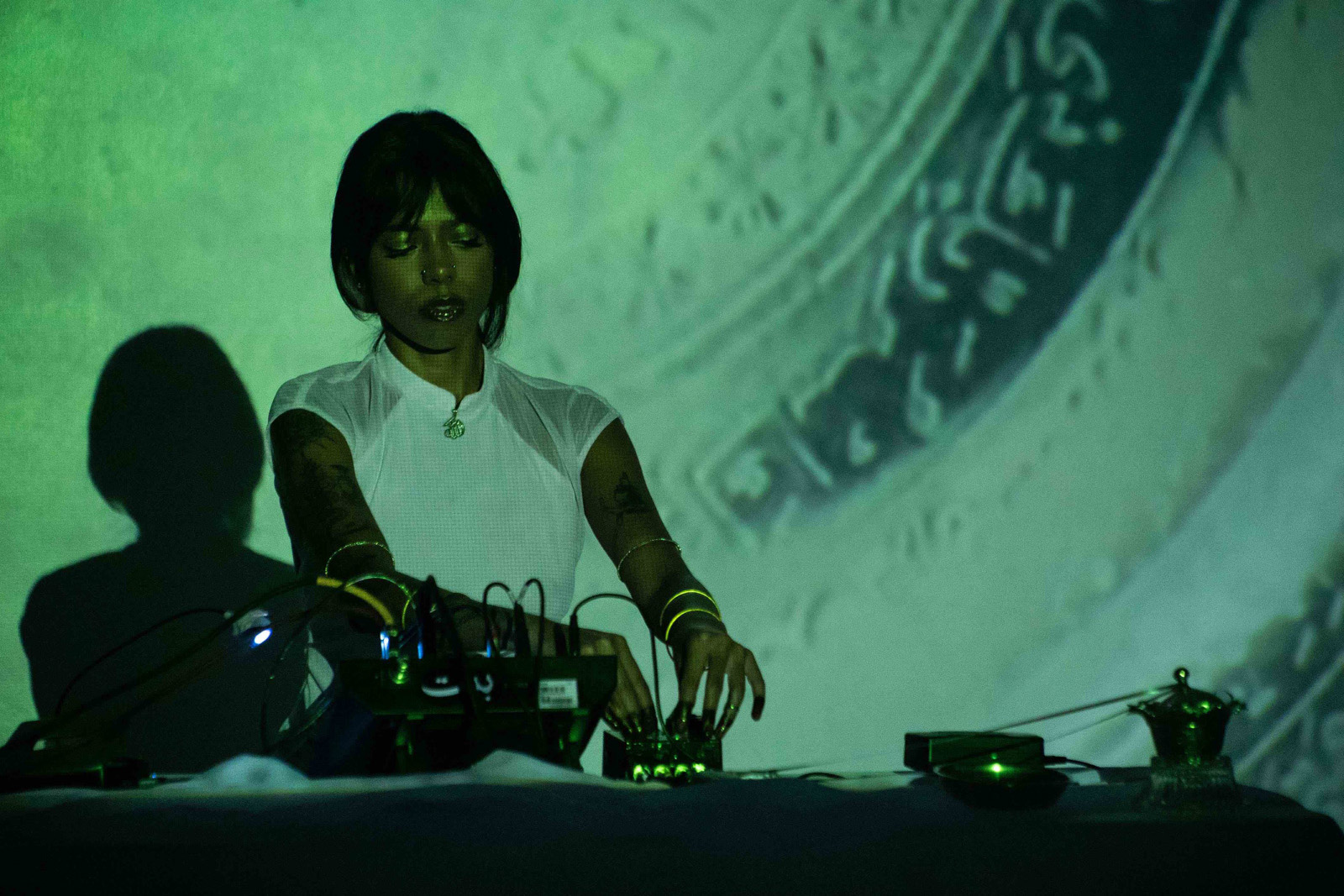
It’s an old adage that no matter where you are in the world, we’re all looking up at the same sky. While this is technically true, people’s realities and perceptions of that sky are totally different. It is this sentiment that gave Another Sky festival, celebrating experimental music from the south-west Asia and north Africa (Swana) region and diaspora, its name: not all our skies are the same, but there is space to build community and honour histories on the horizon.
Another Sky was co-founded by Manchester-based artist, composer and producer Sam Salem and artist manager and producer Emily Moore. At last year’s first iteration of the festival, Salem opened by playing Halim El-Dabh’s Wire Recorder Piece. In 1944, pioneering Egyptian composer and ethnomusicologist El-Dabh presented his experimentations with electroacoustic manipulation on a wire recorder, making what is the earliest-known tape music composition. He had created “musique concrète” four years prior to its supposed birth in Paris — this was some of the earliest known electronic music in the world.
Opening the festival with an excerpt of El-Dabh’s work was a reminder that there is a lineage of some of the most innovative experimental music in the world from the Swana region, Salem says. “There are people who are active and they’re doing this stuff, and they’re doing it at the highest level. It’s just that it’s not always visible to all of us.”
Experimental music is a wide banner, but broadly these are artists using their instruments to push boundaries: take left-field techno producer and DJ Rabih Beaini from Lebanon, or the field recordings and multi-instrumental compositions on piano and oud from Palestinian artist Dirar Kalash. Often, these are textured and jarring sounds interspersed with recordings and loops, rather than straightforward melodic songs. These are often works that are archiving a moment while tacitly asking wider questions about structure and possibility.
Another Sky was about making a space for Swana experimental artists to meet, present work and collaborate. “In contemporary music, there aren’t really that many people who look like me or have my background,” Salem, a British-Jordanian by nationality with a Palestinian father and a Circassian mother, explains. More pop-facing Swana sounds have recently found acclaim in the UK’s underground and beyond: club nights like Hishek Bishek, Middle of Nowhere and the growth of diaspora DJs like Saliah and Nooriyah. Then there’s the enduring global appeal of Omar Souleyman’s exuberant dabke. But still, the more experimental end of music from the region is less well represented — perhaps unsurprising in a scene that is typically associated with whiteness, while avant-garde artists of colour are often sidelined into reductive, ill-fitting boxes like “alternative R&B” or, simply, “world music”.
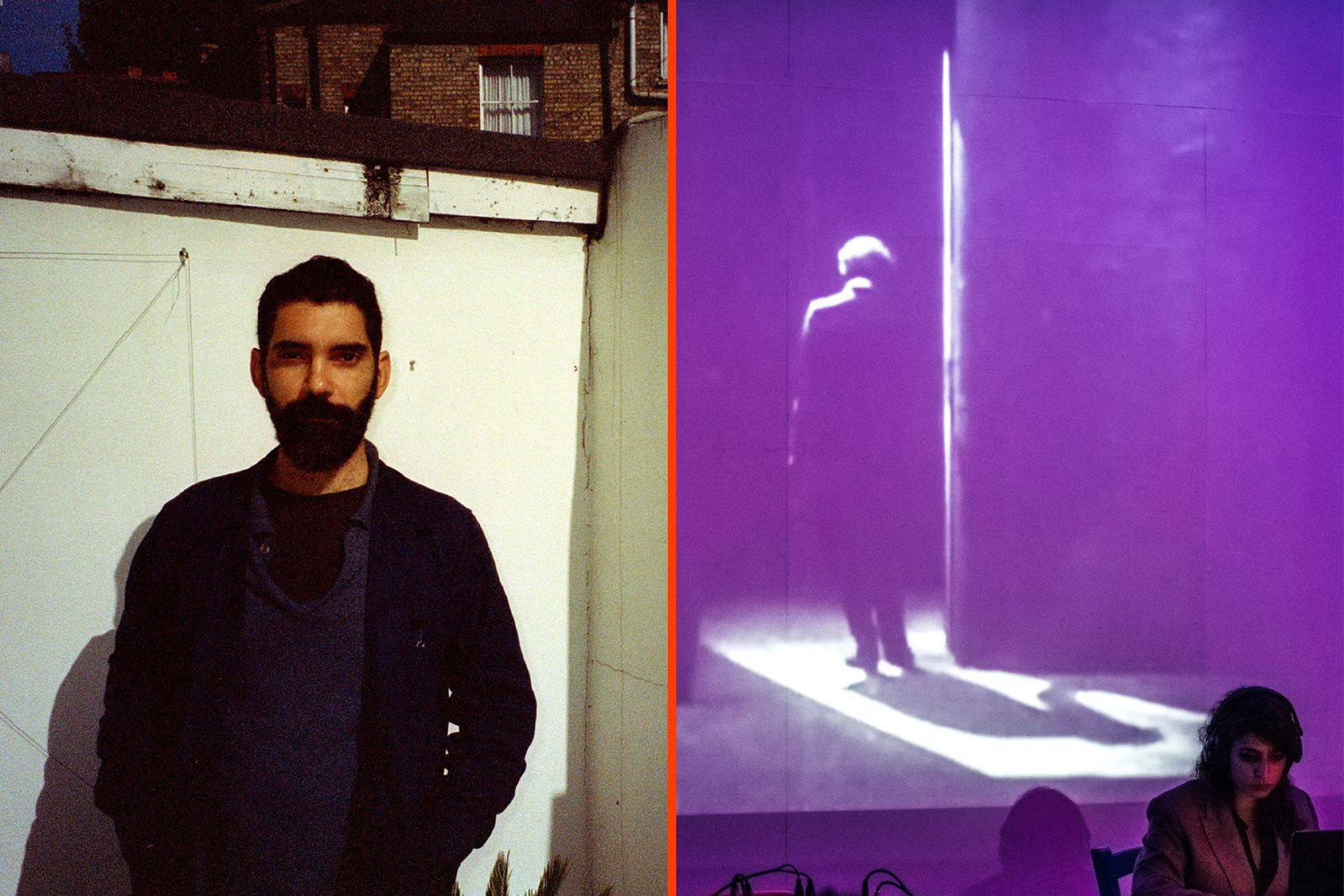
Salem and Moore are now preparing for Another Sky’s second edition in London from 20 September, with events taking place at experimental hub Café Oto, St John on Bethnal Green and a pop-up space in Stoke Newington, bringing together international artists from Algeria, Armenia, Egypt, Iran, Jordan, Lebanon, Libya, Morocco, Palestine and Turkey.
Salem says to expect “improv, sound art, experimental electronic music, whether it’s beat-based or not, or more soundscapy or drony”. It’s a stacked, intriguing line-up, including a live audiovisual set from New York-based BINT, whose work incorporates vocals and drones to create dark ambient soundscapes melding her cultural heritages (Arabic language, Hindustani vocal training).
There’s a performance from Palestinian producer, rapper and DJ Dakn specially co-commissioned by Another Sky and Bergen Centre for Electronic Arts. His work is unsettling in a beautiful way, putting an almost mystical energy to dubstep. Then there’s Egyptian sound artist Cerpintxt’s work around funeral music, playing with tone, harmony and ritual with recordings of the reverb in the King’s chamber of the Giza pyramid.
Beyond music, the festival will also host a reading group with SPACE FOR SWANA in collaboration with The Mosaic Rooms, a series of short films curated by filmmaker Saeed Taji Farouky followed by a workshop on DIY as resistance, with Arabic coffee and dates served as part of a mourning ceremony.
Indeed, both “DIY as resistance” and mourning feel core to Another Sky’s programming this year, especially in the context of Israel’s war on Gaza and the horrors faced by Palestinians. “It’s been a difficult year for everyone,” says Salem. “And it continues to be difficult. We weren’t sure if the event would happen again — I wasn’t sure if I wanted to do it, I wasn’t sure for a while in the spring if I wanted to write music. I thought, ‘why should I be engaged in a society that doesn’t see me as a human being?’”
Watching Palestinian performers Maya Al Khaldi and Sarouna at Norway’s Borealis festival in March shifted his thinking. “It really moved me because even despite everything, they were still not silent,” he recounts. “They were still doing work and it was very raw and emotional and amazing and beautiful. And it reconnected me with myself.”
Salem hopes to provide Another Sky attendees with a similar feeling. “What I would like the audience to take from coming is just a sense of togetherness. We’re all from different places, most of us have different but overlapping worries and concerns. But I think at times like this, with the genocide that’s ongoing, it’s really important for us to not disappear and to have a platform where, if people want to talk about it, they can. And if they don’t want to, they don’t have to.”
Another Sky seeks to create community, holding space for lost histories and present realities, but also imagining other kinds of futures and different skies. “I suppose for me, experimental music, it’s risky,” says Salem, “It might work. It might not. It’s mourning the past, but it’s also exploring possibilities. It allows you to think of different kinds of ways of being; different kinds of futures.”
 Newsletter
Newsletter

